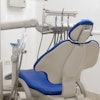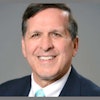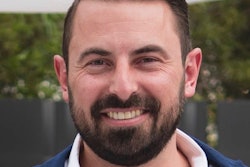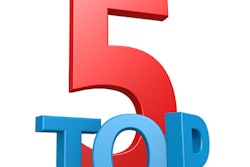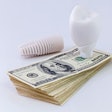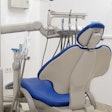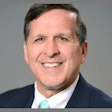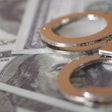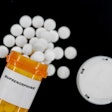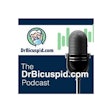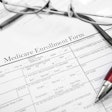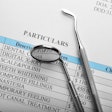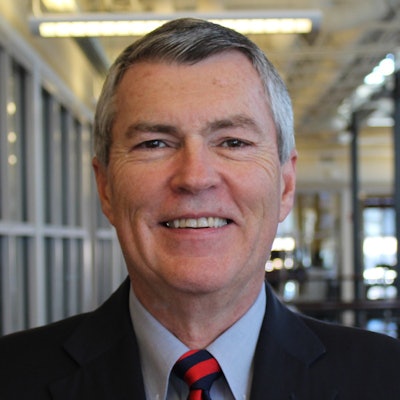
Mandated practice closures and canceled patient appointments are leaving dentists concerned about their futures. Without incoming revenue, many are struggling with how to cover operational costs and day-to-day expenses. Some are laying off staff and may be thinking about closing shop for good. But those aren't the only options -- and dentists who want to save their businesses from the COVID-19 pandemic need to act today.
Small business and practice owners who have immediate financial needs can turn to the U.S. Small Business Administration (SBA) to assist. Through the Coronavirus Aid, Relief, and Economic Security (CARES) Act, new programs are available to qualifying applicants who need emergency cash to cover expenses such as payroll and benefits, mortgage or rent, utilities, or outstanding debts. The SBA is also offering deferred payments for some of its existing loan programs.
Fund-Ex Solutions Group is one of just 14 nonbank SBA lenders in the country prepared to participate in the SBA programs and help dentists navigate the process. First and foremost, it's important to understand what relief program best meets your needs, how to qualify, and how to apply.
Paycheck Protection Program
 Mark Schmidt.
Mark Schmidt.The Paycheck Protection Program (PPP) is designed to provide cash-flow assistance to help business owners maintain their payroll. Approved borrowers are eligible for 2.5 times their average monthly payroll costs or up to $10 million, whichever is less.
Applicants must be one of the following:
- A small business with fewer than 500 employees or one that otherwise meets the SBA's size standard
- A 501(c)(3) with fewer than 500 employees
- An individual who operates as a sole proprietor or independent contractor or is self-employed and regularly carries on any trade or business
To qualify, businesses must have been in operation prior to February 15, 2020. The PPP is primarily designed to help business owners retain and pay staff (this includes wages, tips, benefits, retirement contributions, and some taxes), but a portion of the funds may be used toward mortgage interest, rent, or utilities.
Borrowers can apply to have the loan forgiven at the end of the program (or at the end of eight weeks from the time funds are received), so long as the majority of the money was used for the purpose intended. At least 75% of the loan proceeds must be used for payroll expenses for the entire loan to be forgiven.
Dentists can find a list of approved lenders on the SBA website.
Economic Injury Disaster Loan and disaster grants
The SBA's existing Economic Injury Disaster Loan (EIDL) was originally created to help business owners in disaster-declared areas. The EIDL is not new or even a part of the CARES Act, but now that the nation has declared a disaster, every business owner in the country is eligible to apply for an EIDL if they have been economically injured by the pandemic situation.
What is new under the CARES Act is the Emergency Economic Injury Disaster Loan, which is essentially a grant (no repayment needed). Through this grant, dentists can get an emergency advance of up to $10,000 within three days if their business has been harmed by the pandemic. The advance does not need to be repaid under any circumstance, and it may be used to keep employees on payroll, pay for sick leave, meet increased production costs due to supply chain disruptions, or pay business obligations, including debts, rent, and mortgage payments. According to the SBA, the grants "are backdated to Jan. 31, 2020, to allow those who have already applied for EIDLs to be eligible to also receive a grant."
To qualify, applicants must be one of the following:
- A small business with fewer than 500 employees or one that otherwise meets the SBA's size standard
- A 501(c)(3) with fewer than 500 employees
- An individual who operates as a sole proprietor or independent contractor or is self-employed and regularly carries on any trade or business
The ADA is encouraging dentists to apply for an emergency loan, which can be done through the SBA website.
SBA 7(a) loan payment relief
The loan relief program will provide immediate relief to small business owners with nondisaster SBA loans: 7(a) loans, 504 loans, and microloans. The SBA will cover all payments on current loans (including principal, interest, and fees for six months) and any new 7(a) loans issued prior to September 27, 2020.
Borrowers can apply through an SBA-approved lender.
Dentists are not alone, as many business owners are fighting to navigate this crisis. When the pandemic subsides and the economy eases back toward normalcy, the need for dental care will remain. The SBA's financial programs can be a viable option to address the financial relief that dentists and other small business owners need amid COVID-19.
If you need more than $10,000 to cover nonurgent needs that aren't covered under PPP, consider applying for a traditional commercial or personal loan or another small business loan like the 7(a), which you can do in addition to the EIDL, Emergency EIDL, and/or PPP.
Mark Schmidt is CEO of Fund-Ex Solutions Group (FSG), a nonbank SBA lender participating in the Paycheck Protection Program and other SBA financial assistance programs. FSG also offers the SBA 7(a) loan. Visit fundexsolutions.com for more information. FSG is a wholly owned subsidiary of Bankers Healthcare Group.
The comments and observations expressed herein do not necessarily reflect the opinions of DrBicuspid.com, nor should they be construed as an endorsement or admonishment of any particular idea, vendor, or organization.


